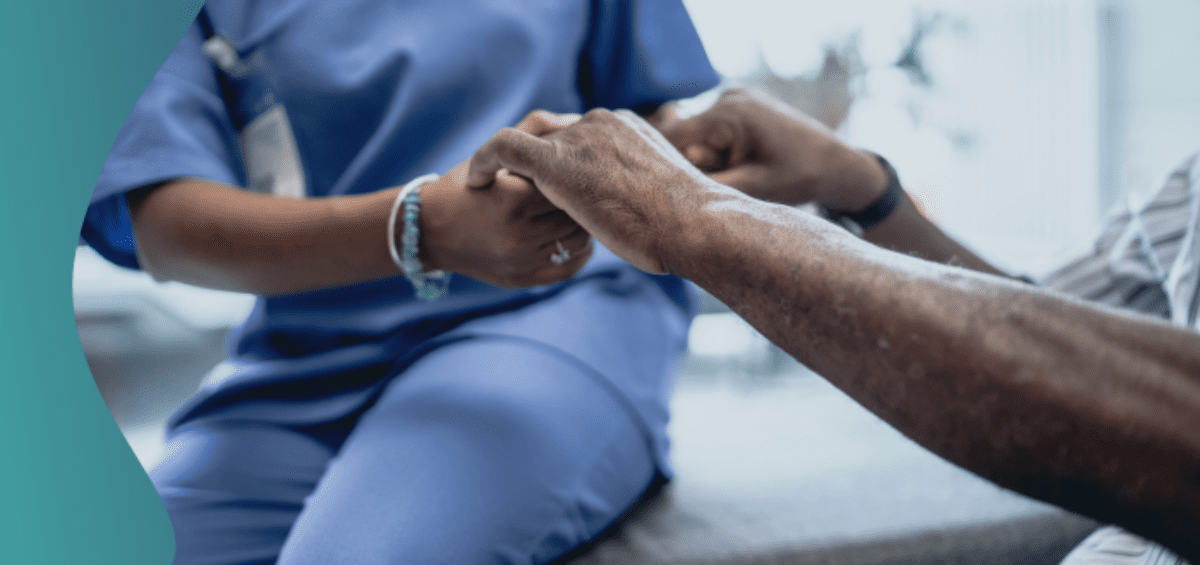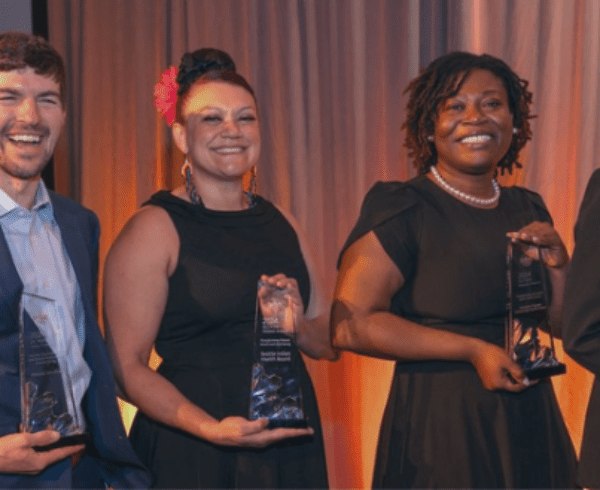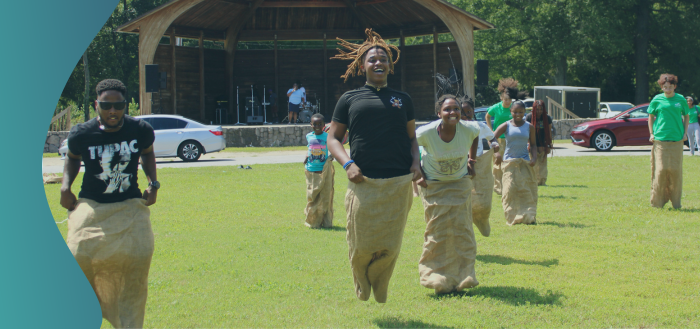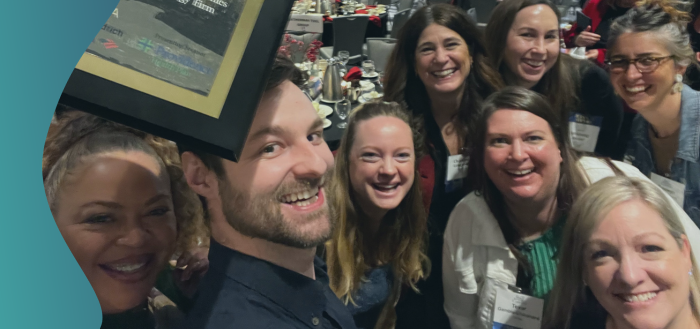October 8, 2024
Seattle Indian Health Board takes a holistic approach to health care that is rooted in Indigenous knowledge and focused on nurturing the mind, body, and spirit. As a recognized leader in promoting health improvement for urban Indigenous communities both locally and nationally, they place traditional medicine at the center of everything they do.
“It’s that extra step of making sure that we’re taking care of all aspects of someone’s life,” said Socia Love-Thurman, MD, chief health officer at Seattle Indian Health Board. “And of course having traditional medicine be at the heart of that is really unique.”
Their culturally informed primary care model, developed through internal research and with input from other Indigenous and award-winning health organizations, uses OCHIN Epic to integrate traditional medicine throughout both clinical and operational areas. The organization’s efforts have expanded access to care for Indigenous people, supported whole-person health, and already had a significant impact on health outcomes.
“We chose this particular project because transformation was needed in Indigenous country in terms of the way that we deliver health care,” said Meriah Gille, chief information officer at Seattle Indian Health Board. “Western medicine has failed American Indians and Alaska Natives over time, and we’re trying to bring back those culturally competent ways of being to enhance the services that we’re providing to our population of focus.”
Integrating culture and tradition to support whole-person care
Founded in 1970, Seattle Indian Health Board provides health care and services to urban Indigenous communities, run by Indigenous people, for Indigenous people. Located in Seattle, Washington—one of the original cities where Native Americans were encouraged to relocate from reservations under the federal Urban Relocation Program—the organization was established to ensure access to the health care promised to American Indian and Alaska Natives by the U.S. government.
Their care teams deliver comprehensive services, including traditional medicine practitioners, Western medical doctors, dentists, behavioral health and substance use providers, pharmacists, dieticians, social workers, and housing and domestic violence supports. People can see multiple providers in a single visit, eliminating the need for multiple appointments.
“We think it is respectful of the relatives that we serve, to not make them come back over and over again when it can be very difficult for them to find childcare, to find transportation, to take time off of work … instead [we] are absorbing the extra cost of doing that and allowing them to have a single visit,” Gille said.
This integrated primary care model, known as the Indigenous Knowledge Informed System of Care, is grounded in thousands of years of Indigenous knowledge. Developed in 2015 and fully implemented in 2024, this model places traditional medicine at the core of the care team and incorporates Indigenous knowledge practices throughout the organization.
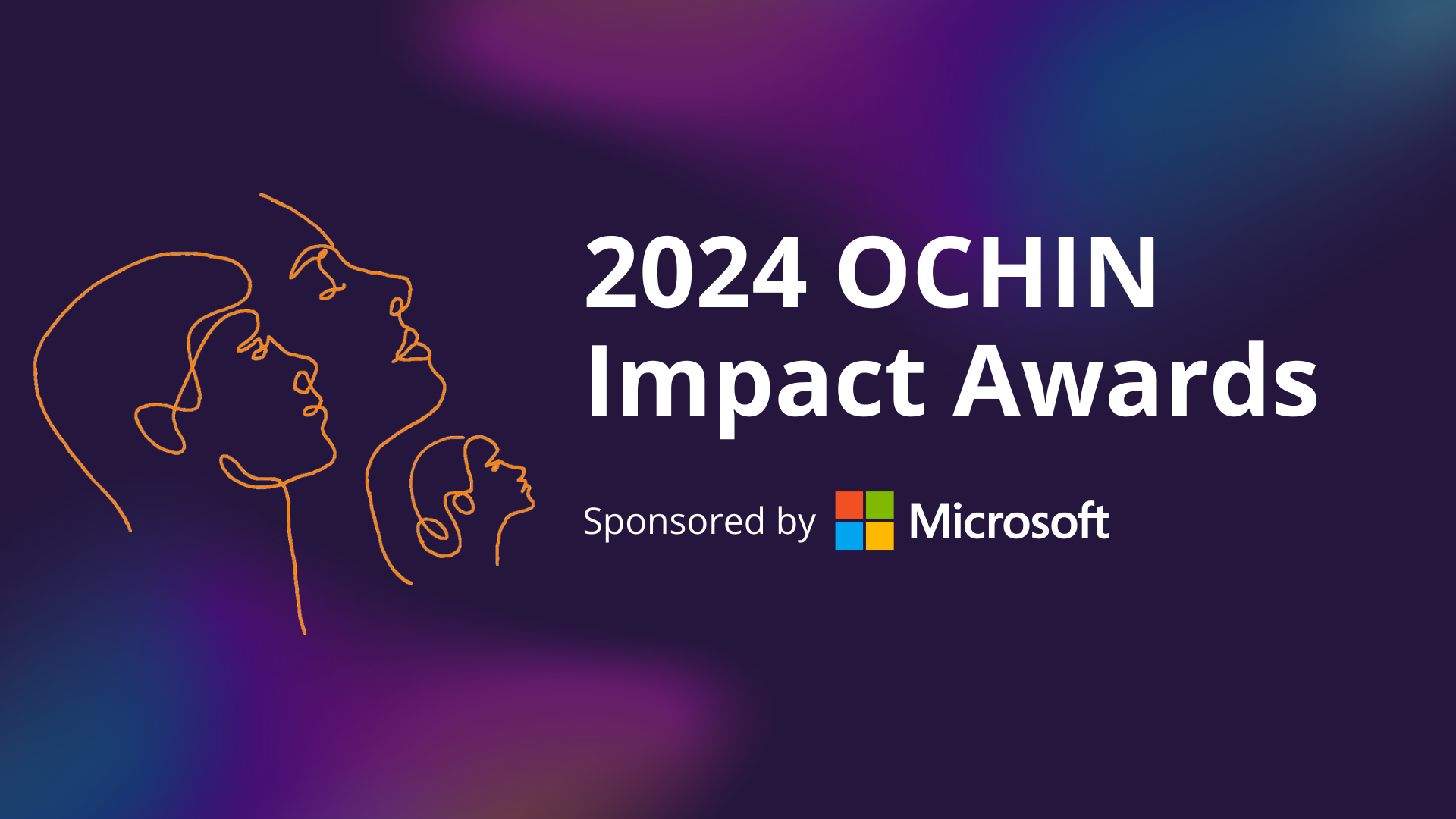
It emphasizes face-to-face interactions, relationship building, and treating each person holistically—addressing physical, mental, and spiritual health together. By fostering trust and healing through cultural connections, it encourages people to actively engage in their care, improving their overall health.
“We had to train our workforce in being truly culturally aware and humble, so that they could engage in the right way in the dialogue around health and supporting our relatives in achieving good health,” Gille said.
For example, some people come in needing significant dental work but are hesitant to let a dentist treat them or undergo anesthesia. To ease their fears, a traditional medicine practitioner goes with them to the appointment, offering traditional medicine to help calm them and prepare them to engage with the dentist in their care.
Seattle Indian Health Board also hosts cultural classes and programs—such as beadwork, cradle board making, and Native languages—that allow people to be more deeply connected to their culture.
“Our primary population of focus is American Indians and Alaska Natives, but we provide care for everyone in the surrounding community. We just care for everyone who walks through our doors in an Indigenous way,” Gille said. “We feel that it's very important to do that because culture is healing, and even if you're not in our culture … we have found that our interventions actually help as well.”
Improving health outcomes for Indigenous communities
To support their primary care model, Seattle Indian Health Board partnered with OCHIN to develop tools within OCHIN Epic for documenting traditional medicine interventions. These tools included note templates, SmartSets and SmartTools, flow sheets, and MyChart questionnaires, as well as billing codes and taxonomies for traditional medicine providers.
“We wanted to make it easy for staff to do the right thing at the right time,” Gille said. “We are [also] working very hard to advocate at the state and federal level to make traditional medicine reimbursable under Medicaid and Medicare … so in order to do that, we need a system of documentation, credentialing, and privileging for traditional Indian medicine practitioners.”
This model has led to significant measurable impact. Seattle Indian Health Board’s efforts to integrate traditional medicine into an EHR-based primary care model has resulted in a 21.4% decrease in alcohol consumption and 28.6% decrease in suicidal ideation among participants, as well as a moderate decrease in anxiety and depression symptoms.
“We’ve seen blood pressure taken before a procedure be quite elevated, and then they might spend 10 or 15 minutes with the traditional medicine practitioner, and their blood pressure is back down to normal,” Gille said.
“It has allowed people to engage in a way they couldn't do before and increase that level of trust.”
Using the Indigenous Knowledge Informed System of Care operationally, Seattle Indian Health Board has also been able to increase access to care by filling unused appointment slots and connecting patients with more members of their care team.
Expanding access to culturally competent care
Looking ahead, Seattle Indian Health Board plans to open a new 92-bed inpatient substance use treatment facility next year, embedding their care model into its framework. They are also working to expand their Indigenous Knowledge Informed System of Care model across clinical and operational systems, increasing the number of traditional medicine practitioners in their network, and integrating culturally competent social drivers of health screening into their care model.
Their vision extends beyond the clinic. They aim to leverage OCHIN Epic’s documentation system to advocate locally and nationally for Medicaid and Medicare reimbursement of traditional medicine.
“We really want this not only to benefit our own clinic, but every single American Indian and Alaska Native-serving facility,” Gille said.
She also emphasized the importance of strong partners like OCHIN in helping achieve this transformation of care. “[OCHIN has] formulated an Urban Indian Tribal Health workgroup that’s working on the special needs of this population and got an analyst team together that really was able to listen, and care, and help us build out the system, and that was really helpful,” she said.
This workgroup has been instrumental in developing a guide that provides tailored support for Urban Indian and Tribal Health members, as well as OCHIN staff. The guide includes resources for reporting, workflows, and answering questions; offers inclusive language to foster better conversations; and presents Epic build options to improve documentation and help affirm the health care experience for patients.
“I feel like the analysts that are assigned to us have a much greater understanding of the population that we serve … [which has allowed] them to support us more effectively, even outside of this project,” Gille said. “Having OCHIN and … those strong partnerships is really critical if you want to make impactful change that is novel and innovative in health care.”
Learn more about the inaugural OCHIN Impact Award recipients and their success stories in this blog post and video.


